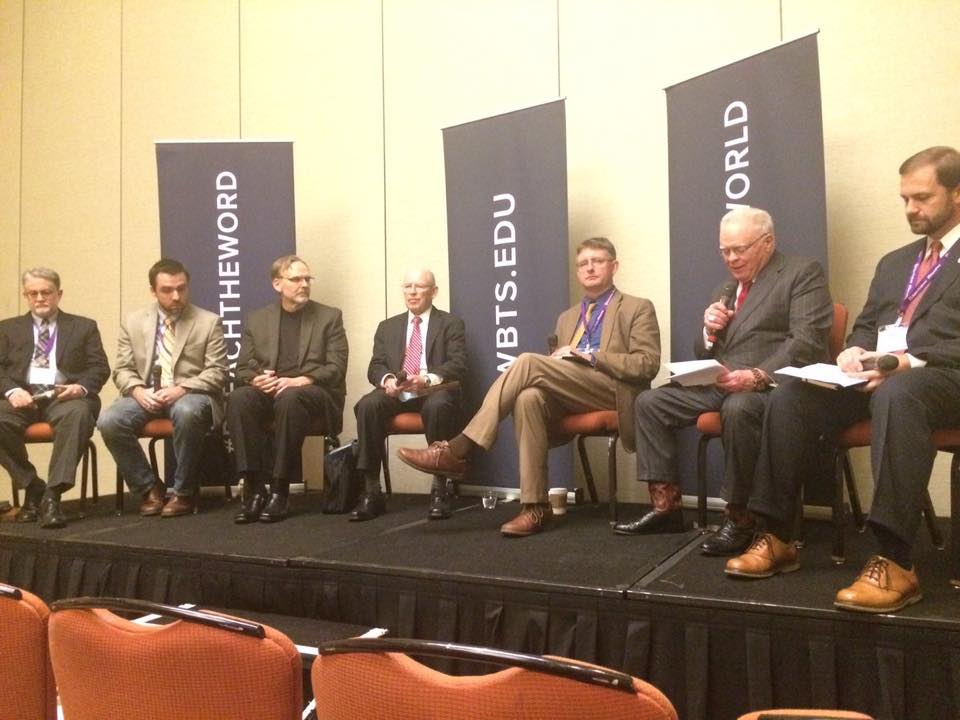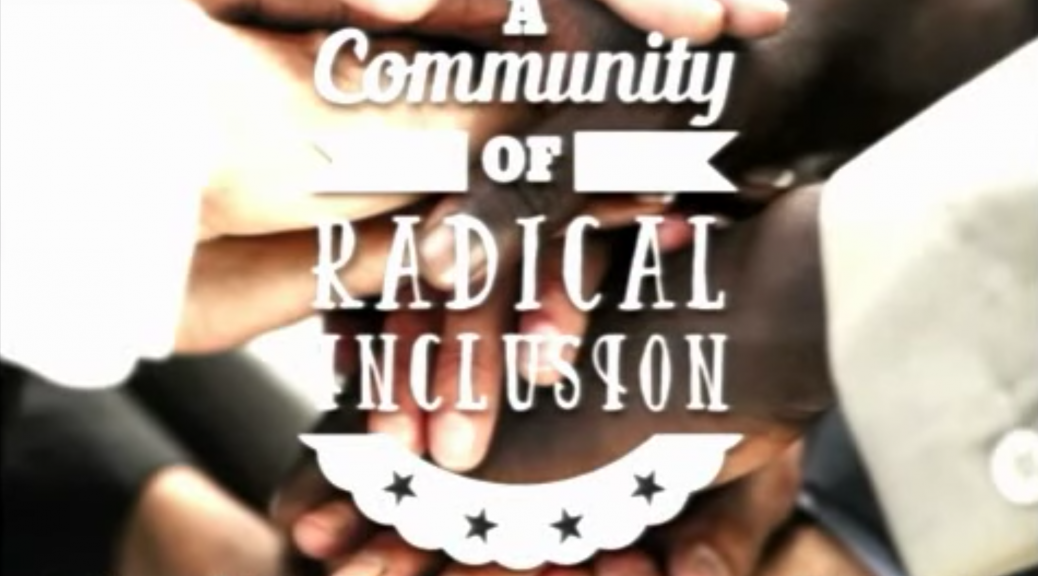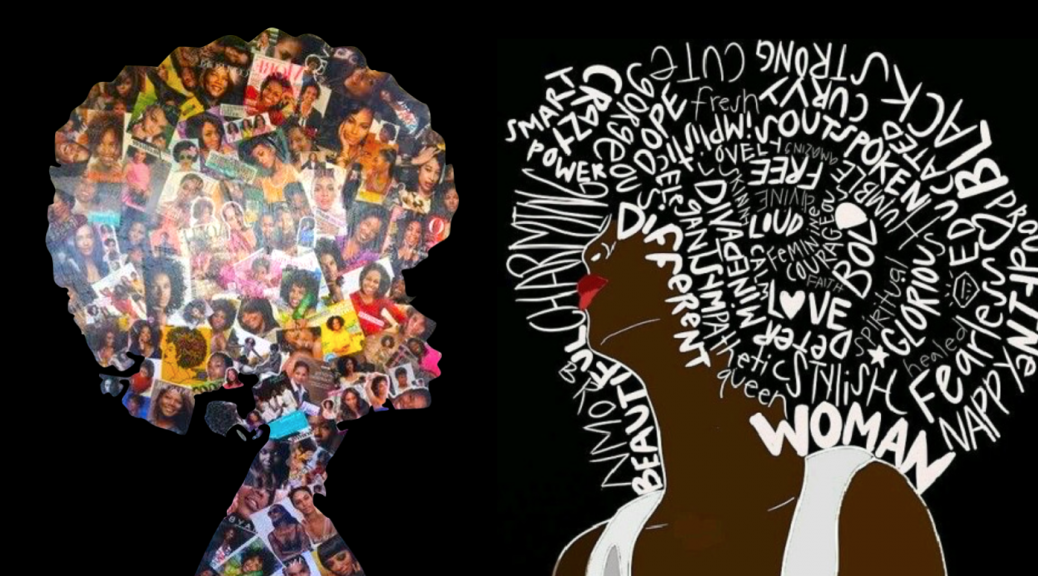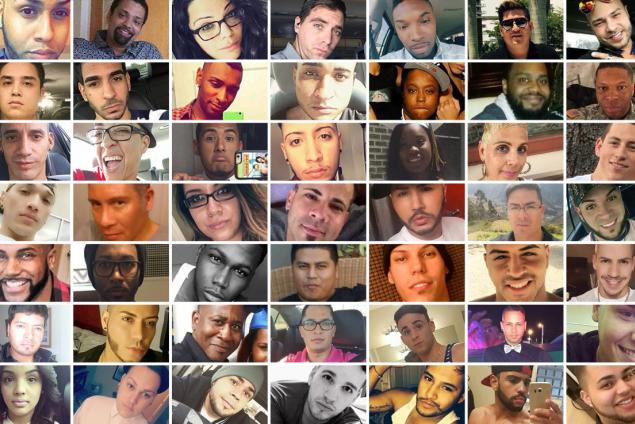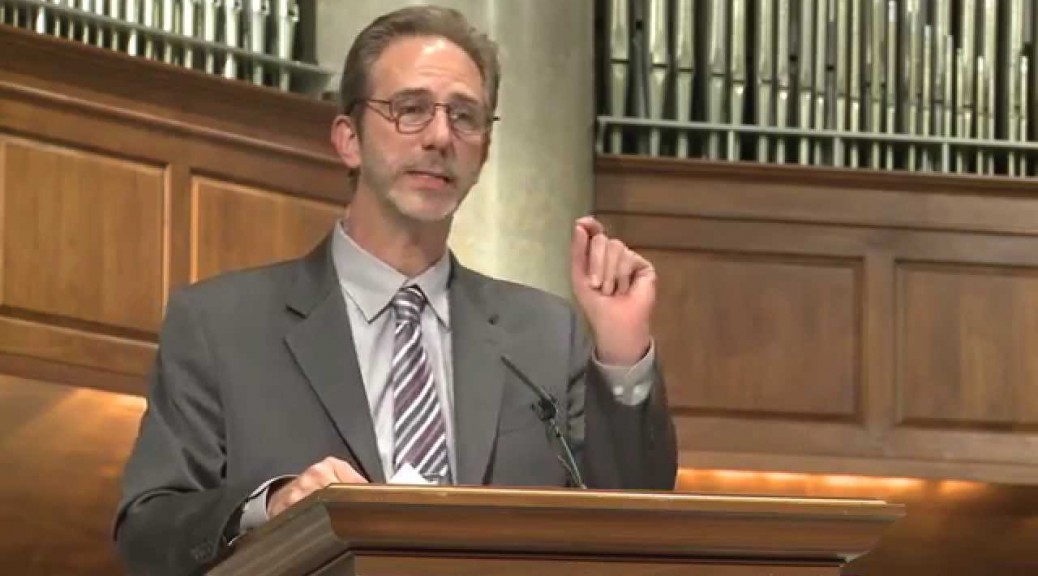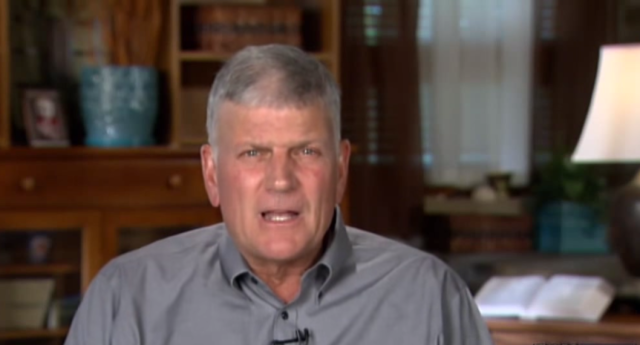Over the past few months on this blog, I have been focusing attention on the issue of Christianity and homosexuality. This is one of the defining issues for Christians right now, and an issue that I have been studying for over a decade. My analysis of the issue thus far has dealt with three key themes: (1) how we should interpret the Bible, (2) the Old Testament texts and (3) the New Testament texts that deal directly with the issue of homosexuality. Still to come in the next few months are discussions of (4) the indirect Biblical references and overall witness of the Christian Scriptures, (5) psychological and sociological issues, and (6) how the church should respond today. (See a full index of blog entries here.)
We’re roughly halfway through this work, and it might be a good time to pause and summarise.
I have also realised that the depth of my analysis may have actually had the opposite effect of what I intended. For some people who oppose the acceptance of homosexuality and same sex marriage, the detail of my analysis could suggest that it takes a complicated and convoluted exegesis to show that God is for gays. For those who support same sex marriage, the detail may have been confusing and suggest that it would be better to ignore the Bible.
Neither of these positions would be correct, so maybe a summary is in order at this point.
Finally, I think a summary is valuable, because I have also been re-reading Dr David Gushee’s superb book, “Changing Our Mind” (2nd edition, 2015). Gushee is one of the foremost Christian scholars of our age to “change his mind” and come out in support of same sex marriage (there are many of them, so he’s not an aberration in the system either). In a speech delivered on 8 November 2014 for “The Reformation Project” conference, he (I believe correctly) suggests:
“… it is best not to get too fixated on the six or seven big passages most commonly cited in the anti-gay teaching tradition. Because when change happened on [issues of Christian prejudice in the past], it wasn’t just about altering the reading of those texts, but changing the conversation to the more central themes and texts related to following the way of Jesus. Thus: We must change the conversation to what it means to live in the way Jesus taught us…. [citing] texts like the Golden Rule, the Double Love Command, the Good Samaritan, and the saying about being our brother’s keepers. They highlighted broader biblical themes like the sacred worth of every person, and our obligation as Christians to be compassionate, merciful, and just.”
This positive approach will be a focus of the second half of this study.
You could, therefore, use this summary as a starting point, only dipping backwards when you want to get more detail, and working from here forwards to the most compelling arguments in favour of God and same sex marriage.
Continue reading The Bible and Same Sex Relationships, Part 14: Start here: A summary of the Bible’s verses against same sex marriage →
